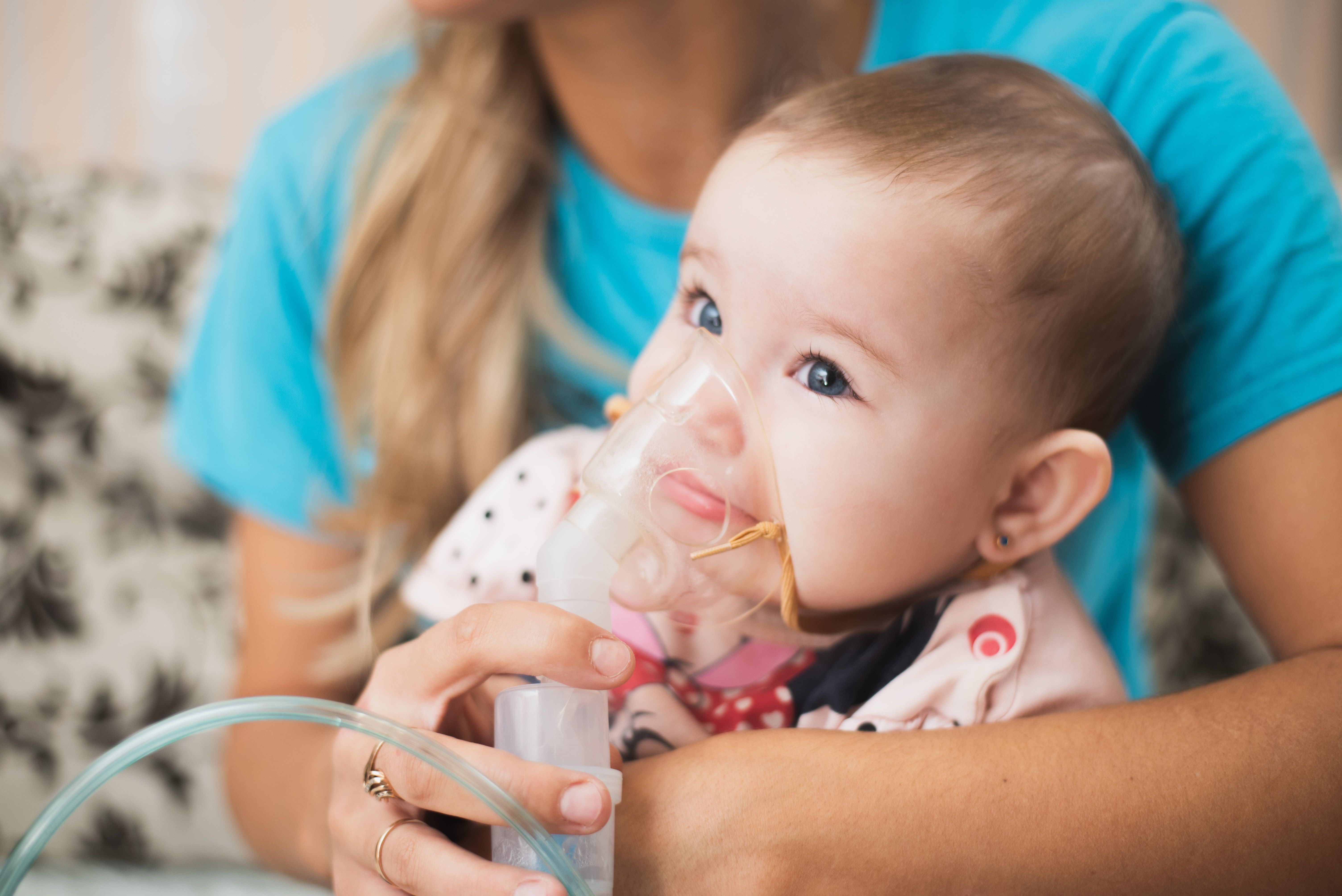News
Article
CDC Issues Alert to Address Shortage of RSV Treatment Nirsevimab
Author(s):
Nirsevimab-alip (Beyfortus; Sanofi and AstraZeneca) is a monoclonal antibody approved to prevent against respiratory syncytial virus (RSV) lower respiratory tract disease in newborns and infants under 8 months of age born during or entering their first RSV season.
The US Centers for Disease Control and Prevention (CDC) has issued a set of recommendations to address a limited supply of nirsevimab-alip (Beyfortus; Sanofi and AstraZeneca), a monoclonal antibody that prevents against respiratory syncytial virus (RSV) lower respiratory tract disease in newborns and infants under 8 months of age born during or entering their first RSV season.1 Sanofi announced that an unprecedented demand for the treatment has created a limited supply during the 2023–2024 RSV season.2
Image credit: komokvm | stock.adobe.com

“Despite an aggressive supply plan built to outperform past pediatric vaccine launches, demand for this product, especially for the 100 mg doses used primarily for babies born before the RSV season, has been higher than anticipated,” the company stated in a news release.2
Because of the limited supply of the medication, the CDC is recommending the prioritization of available nirsevimab 100 mg doses for young infants aged <6 months and those with underlying conditions that place them with the greatest risk of severe RSV disease. The CDC has not altered their recommendations for the 50 mg doses.1
The agency advises against using two 50 mg doses in infants weighing ≥11 lbs to maintain the supply of 50 mg doses for infants weighing <11 lbs. Further, the CDC said that providers should remain cognizant that some payers may not cover the cost for two 50 mg doses in an individual infant.
The CDC is also urging providers to halt the use of nirsevimab in palivizumab-eligible children aged 8–19 months during the 2023–2024 season, as per American Academy of Pediatrics (AAP) recommendations.
“Nirsevimab should continue to be offered to American Indian and Alaska Native children aged 8–19 months who are not palivizumab-eligible and who live in remote regions, where transporting children with severe RSV for escalation of medical care is more challenging or in communities with known high rates of RSV among older infants and toddlers,” the CDC stated in a news release.1 “Prenatal care providers should discuss potential nirsevimab supply concerns when counseling pregnant people about RSVpreF vaccine (Abrysvo, Pfizer) as maternal vaccination is effective and will reduce the number of infants requiring nirsevimab during the RSV season.”
In July 2023, nirsevimab-alip was approved for the prevention of RSV-associated lower respiratory tract disease in neonates and infants born during or entering the first RSV season, and in children up to 2 years of age who remain vulnerable to severe RSV disease through their second RSV season.3
In August, the CDC Advisory Committee on Immunization Practices (ACIP) voted 10 to 0 to recommend the routine use of nirsevimab-alip for the approved indication.4 Further, ACIP voted unanimously to recommend routine use of nirsevimab-alip in infants from 8 to 19 months of age with an elevated risk of severe RSV who are entering their second RSV season. The committee also voted unanimously to include nirsevimab-alip in the Vaccines for Children program.4
Premature infants, particularly those with chronic lung disease related to prematurity or significant congenital heart disease, are at the highest risk for severe RSV disease. Approximately 1% to 3% of children under 12 months of age are hospitalized each year due to RSV, according to data from the AAP.3
“Sanofi is in close collaboration with the [CDC] to ensure equitable distribution of available doses through the Vaccines For Children Program. Our approach for distribution across the private marketplace will be similar,” Sanofi said in the release.2 “We are working with our Alliance partner in charge of manufacturing, AstraZeneca, to accelerate additional supply and explore a number of actions to extend the manufacturing network.”
References
1. Limited Availability of Nirsevimab in the United States—Interim CDC Recommendations to Protect Infants from Respiratory Syncytial Virus (RSV) during the 2023–2024 Respiratory Virus Season. US Centers for Disease Control and Prevention. News release. October 24, 2023. https://emergency.cdc.gov/han/2023/han00499.asp
2. Sanofi Beyfortus Statement. Sanofi. News release. October 24, 2023. https://www.news.sanofi.us/Sanofi-Beyfortus-Statement
3. FDA Approves New Drug to Prevent RSV in Babies and Toddlers. News release. FDA. July 17, 2023. https://www.fda.gov/news-events/press-announcements/fda-approves-new-drug-prevent-rsv-babies-and-toddlers
4. Pharmacy Times. CDC Advisory Committee on Immunization Practices Recommends Nirsevimab-alip to Prevent RSV in Infants. Published August 4, 2023. https://www.pharmacytimes.com/view/cdc-advisory-committee-on-immunization-practices-recommends-nirsevimab-alip-to-prevent-rsv-in-infants
Newsletter
Stay informed on drug updates, treatment guidelines, and pharmacy practice trends—subscribe to Pharmacy Times for weekly clinical insights.






